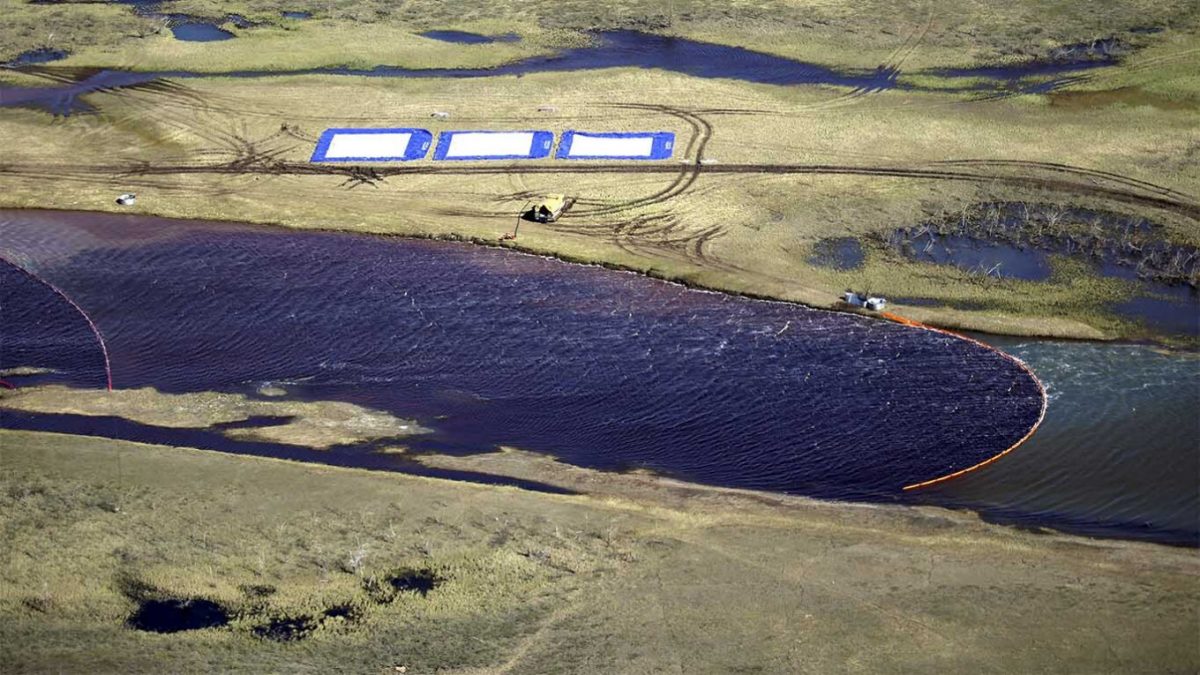MOSCOW, (Reuters) – Russian mining giant Norilsk Nickel was fined $2 billion today for the damage caused by a huge fuel spill last year in the country’s worst environmental disaster in the Arctic.
The leakage in May of 21,000 tonnes of diesel into the rivers and subsoil near Norilsk in Siberia infuriated Russian President Vladimir Putin and the size of the penalty sent a message to Russian companies to clean up their act.
“The key change after this decision should be the attitude of the owners of large, hazardous production facilities to how they modernise their production,” Deputy Prime Minister Victoria Abramchenko said after the ruling by a Russian court on Friday.
“It is much cheaper to modernise production than to compensate for 146 billion roubles ($2 billion) in damages.”
The $54 billion company, co-owned by billionaire Vladimir Potanin and aluminium producer Rusal, said it plans to carefully evaluate the court’s ruling.
If the ruling is not appealed, it will come into force a month from when the full text is ready.
The world’s biggest palladium and nickel producer, known as Nornickel, has long been criticised for sulphur dioxide emissions in the Siberian Arctic and the massive leak from a storage tank at a power plant angered Putin.
“One has to answer for what has been done,” he said in December, when asked about Nornickel and the spill.
Nornickel shares were down 3% in Moscow after the decision by the court in Russia’s Krasnoyarsk region, underperforming the benchmark index, which was up 0.3%.
The court case was initiated by Russia’s environment watchdog, which had sought 148 billion roubles from Nornickel’s power business, NTEC. The penalty is by far the biggest fine for environmental damage in Russia.
“Today’s court ruling is a precedent in many ways that can help to truly address environmental issues at a systemic level,” Greenpeace said in a statement.
The company’s own estimate for the environmental cost was far lower at 21.4 billion roubles.
“I am sure this money will be used to solve environmental problems,” Svetlana Radionova, the head of Russia’s environment watchdog, said in a statement.
Nornickel had already set aside $2 billion to cover any potential fine, a move that hit its net profit in the first half of 2020.
“This is likely to be a positive event in general as the fine story may be put to rest,” analysts at BCS said.










